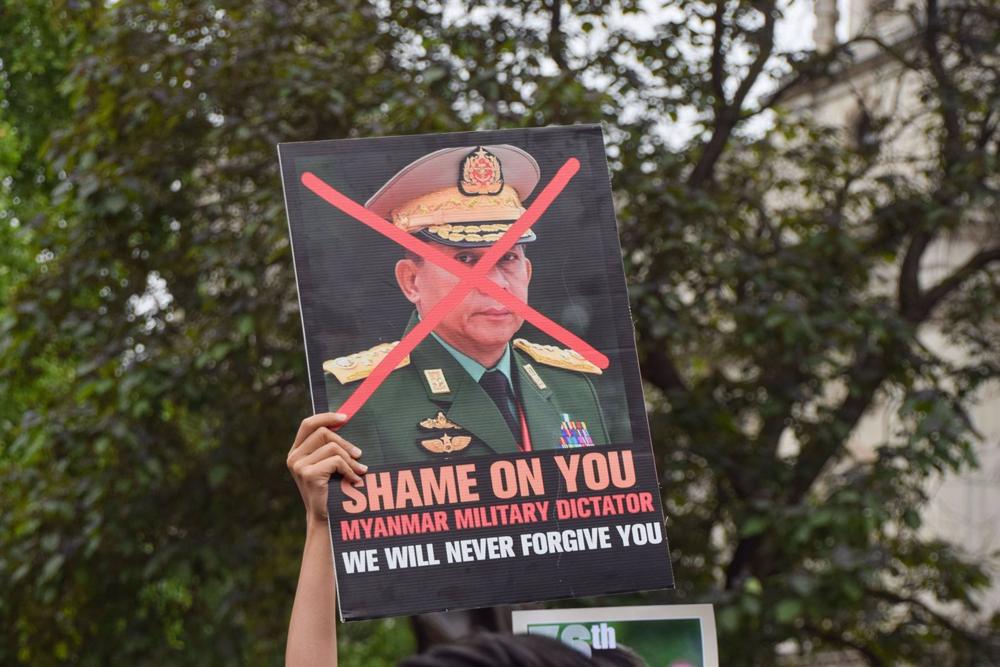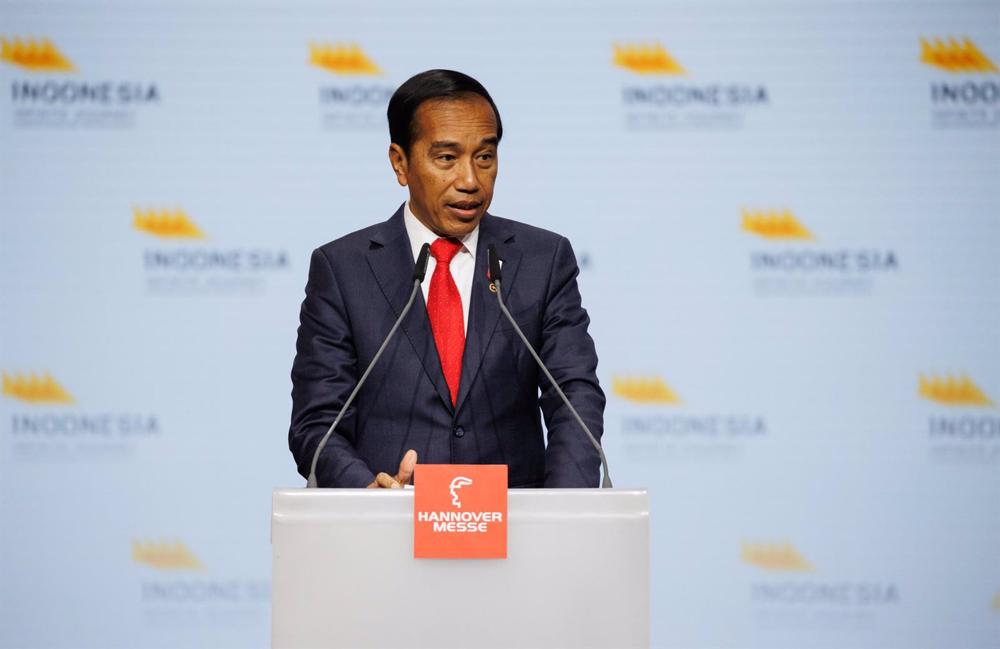
The supreme leader of the Islamic Emirate of Afghanistan, Mullah Hebatullah Ajundzada, has granted the country’s magistrates total freedom in their decision making under Islamic law from any interference by local governors, amid international criticism of the physical punishments they impose.
During an appearance at a seminar in Kandahar province, Ajundzada assured that the Taliban movement will recognize the independence of the judiciary even if a governor or commander involved in a case appears in court.
The Taliban leader insisted, in statements reported by the Ariana channel, that the judiciary is superior to the other branches of government, and that it will be given priority to the extent of increasing the staff of the Judiciary if necessary.
Ajundzada recently ordered Afghanistan’s judges to apply in its entirety the ‘sharia’ — or Islamic law — against those who commit a series of crimes that could be punished with lashes or even public amputations or stoning for offenses such as robbery, kidnapping or sedition.
The fundamentalist Taliban movement, in this sense, has repudiated this weekend to the UN criticism of their punishments by lashes that they are imposing on the Afghan population; denunciations that they have regretted as an «insult to Islam» and to the laws that are the basis of their use of flogging.
The spokeswoman of the United Nations Office for Human Rights, Ravina Shamdasani, declared last Friday «dismayed» by the use of whipping as a public punishment with cases like the one that occurred last Wednesday in the province of Logar, where 14 people were victims of this «aberrant» punishment.
In response, the usual Taliban spokesman and deputy information minister, Zabiullah Mujahid, considered these statements as an «insult to Islam and a violation of international principles».
«Countries and organizations should not allow self-interested people to make irresponsible and provocative remarks about Islam and its rules in their name,» he said on his Twitter account Saturday.






